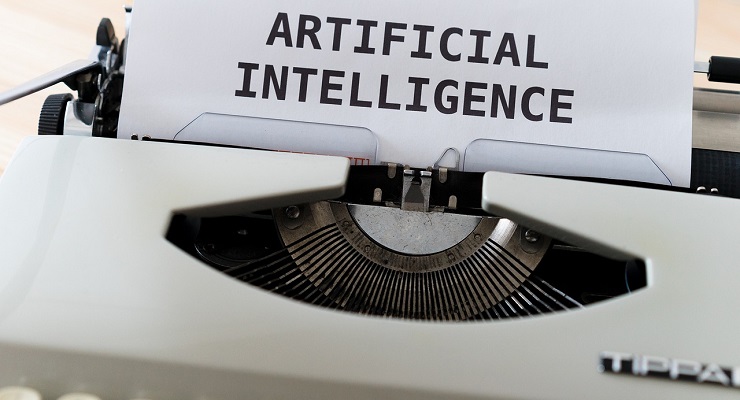 Artificial Intelligence or AI is now all the rage. Various studies are examining how it can be applied in different domains. It is also important to investigate if AI can make democracy fairer. This perspective in Phys.Org is by Harvard John A. Paulson School of Engineering and Applied Sciences. Here is an excerpt:
Artificial Intelligence or AI is now all the rage. Various studies are examining how it can be applied in different domains. It is also important to investigate if AI can make democracy fairer. This perspective in Phys.Org is by Harvard John A. Paulson School of Engineering and Applied Sciences. Here is an excerpt:
Democracy in ancient Athens looked quite different from democracies today. Instead of elections, most offices—including those in the legislature, governing councils, and magistrates—were filled by citizen volunteers, selected by random lottery. These citizens’ assemblies drafted, debated, and passed laws; made major foreign policy decisions; and controlled military budgets.
Today, citizens’ assemblies are making a comeback. In 2019 and 2020, citizens’ assemblies in France and the UK convened to draft measures to address climate change. Citizens’ assemblies in Ireland have led to changes to the Irish constitution which legalized abortion and same-sex marriage.
One of the biggest challenges in organizing these assemblies—both in ancient times and today—is deciding who should serve. The assembly needs to be representative of the population as a whole. But selection should be random—ideally, with all volunteers having an equal chance of being chosen.
Continue reading here.
Leave a Reply